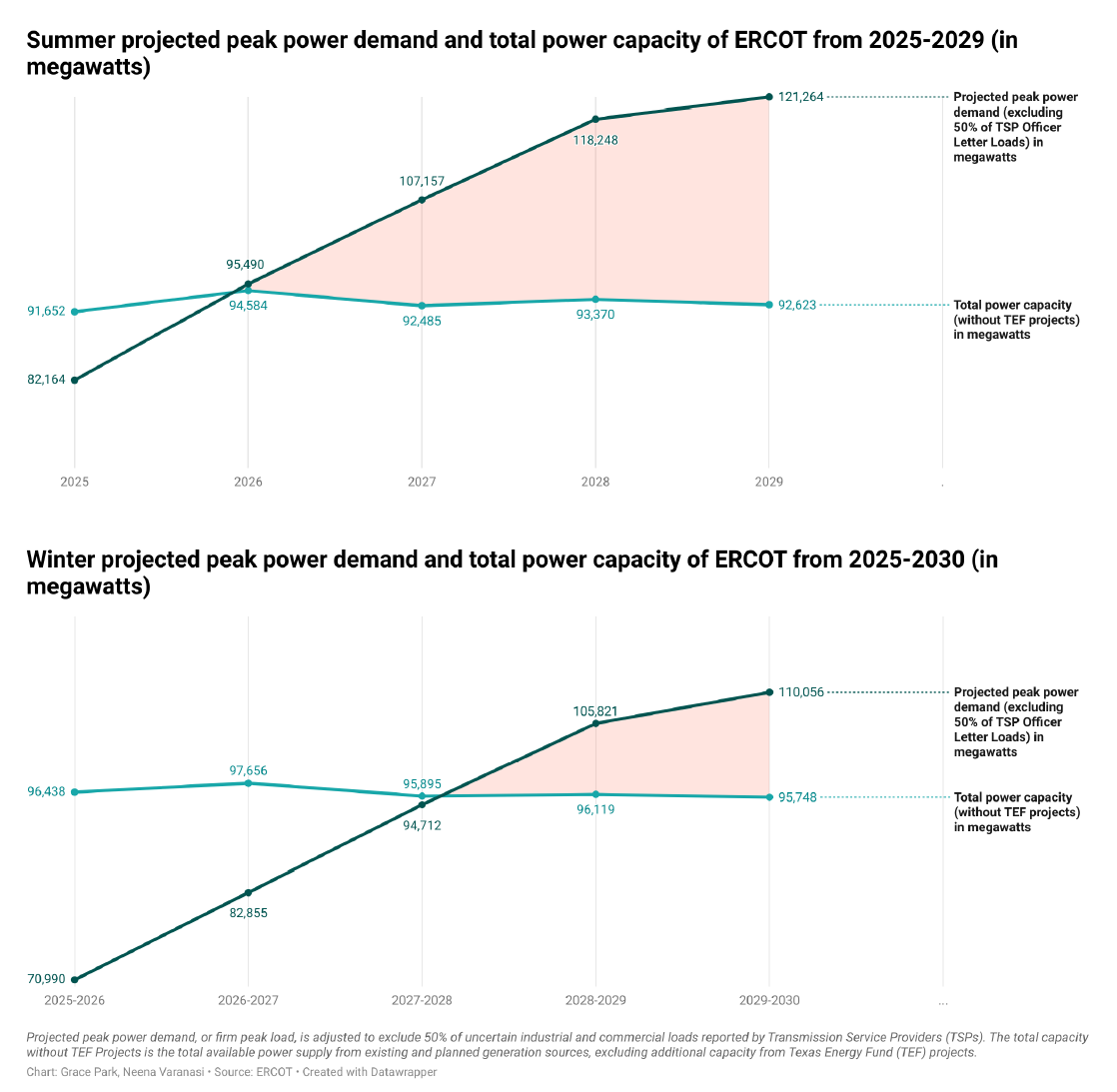The Texas Legislature fully implemented Senate Bill 240 on Sunday, requiring all healthcare facilities to adopt a workplace violence prevention policy and plan.
The bill, created in 2023, also requires healthcare facilities to provide at least one annual workplace violence prevention training, prescribe a system for responding to investigations and offer immediate post-incident services. Jack Frazee, the Texas Nurses Association’s director of government affairs and general counsel, said the bill responds to increasing rates of violence against healthcare workers since the COVID-19 pandemic.
“Nurses are about four times more likely than any other profession to be assaulted at work,” Frazee said. “It’s a pretty alarming statistic, and the more you dig into those statistics, they’re very disturbing.”
Frazee also said one in two nurses will be physically assaulted at some point during the course of their career. He said this statistic contributed to the decade-long statewide nursing shortage.
The shortage, outlined by the Texas Center for Nursing Workforce Studies, has worsened over time, according to the 2019 study. The demand for registered nurses in Texas is projected to grow by over 38% between 2018 and 2032, while the supply is expected to grow to about 30.5%, according to the study.
Frazee said population changes contributed to the shortage.
“(Texas) has an increasing number of folks that are experiencing chronic conditions or other kinds of complicated illnesses that you tend to get later in life,” Frazee said. “At the same time, a lot of the people in the nursing workforce are hitting the retirement age … and people moving to Texas make it very difficult to keep up with the demand for nursing services.”
Frazee said Texas universities are putting out more nursing graduates than in the past but fail to keep pace with population growth. This past summer, the UT System created a program to combat the shortage by training and retaining quality nurses.
The UT System Workforce/Nursing Collaborative is a joint effort of UT institutions working to educate and improve workplace environments for nurses, according to the Aug. 8 press release. The collaborative, which meets quarterly, focuses on creating innovative nursing practices to enhance efficiencies and decrease burnout, Zain Kazmi, the associate vice chancellor and chief digital and analytics officer in health affairs, said in the press release.
“We’re creating nursing pipelines through UT institutions to bolster recruitment and improving the professional development of nurses to address factors that often lead to career change,” Kazmi said in the press release.
The Texas Legislature also recently increased the Texas Nursing Shortage Reduction Program funding to $46.8 million, according to the press release. Gov. Greg Abbott called together a task force focused on the healthcare workforce, which is scheduled to release a report before the legislative session starts, Frazee said.
Nursing senior Marla David said the workplace violence and shortage do not affect her career choice to become a nurse. She said the violence nurses face is not surprising because patients are usually unhappy about their diagnosis or treatment.
“(The threat of violence) doesn’t really change the way that I want to follow this career,” David said. “At the end of the day, we’re there to help people get better, so I just find it very stimulating to make sure we help them with their health, but also while they’re there at the hospital.”














